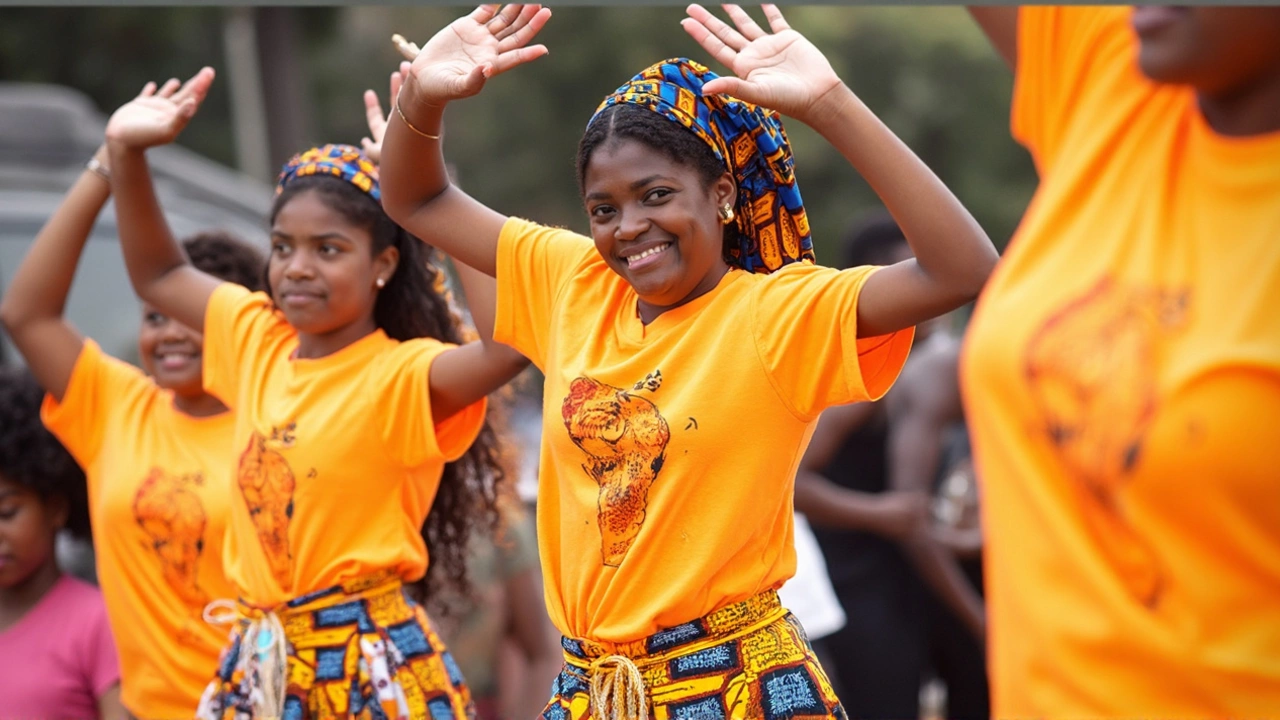The Story Behind Juneteenth and Its Federal Recognition
Think about a date that so many Americans never learned in school: June 19, 1865. On this day, Union Major General Gordon Granger reached Galveston, Texas, and let the last enslaved African Americans know they were free—a full two and a half years after the Emancipation Proclamation. Local authorities and slaveholders kept thousands in bondage until that moment. Although Abraham Lincoln's order was official in 1863, news and enforcement moved slowly—and it took victory in the Civil War and direct military force to make freedom real in Texas.
'Juneteenth' is a catchy portmanteau (“June” and “nineteenth”) that rode the waves of Black southern culture from the 1890s onward. For generations, African American families celebrated this 'second Independence Day' with reunions, picnics, and parades, even when the rest of the country paid little attention. The holiday’s traditions never vanished; they just simmered under the surface, passed through stories and songs.
Getting Juneteenth recognized as a federal holiday was a long haul. Activists like Opal Lee—who walked thousands of miles to raise awareness about Juneteenth—and the Congressional Black Caucus pressured lawmakers for years. Not until June 2021 did Congress move, passing the Juneteenth National Independence Day Act with overwhelming support. President Joe Biden signed it right away, making it the 11th federal holiday and breaking almost four decades without a new one.
Modern Juneteenth: Observance, Equity, and the Politics of Recognition
Once Juneteenth earned its federal spot, offices and companies scrambled to adjust. Federal workers now get a day off—unless June 19 lands on a weekend, when observance shifts to Friday or Monday, just like other holidays. More private companies have joined in, adding Juneteenth to their holiday lists alongside Christmas and Memorial Day. It’s a badge of cultural awareness and, for many workplaces, a talking point about diversity and inclusion.
But the path isn’t smooth everywhere. After a January 2025 executive order under former President Donald Trump, there’s been a chill in how federal diversity efforts play out. Reports from within agencies say some institutional support faded, but the holiday itself is still on the federal books—no one’s taking away the legal status.
People mark Juneteenth in every state now, from backyard cookouts in Houston to music festivals in Minneapolis. Museums hold lectures on emancipation history, while children’s story hours focus on what freedom means today. Major brands spotlight Black creators, and local governments raise the Juneteenth flag. It’s not just about the past; the day has become a rallying moment to talk about racial equity, voting rights, and justice. Some schools weave Juneteenth into their curriculum, making kids ask questions—sometimes for the first time—about how freedom rolled out unevenly across America.
This evolution—from a grass-roots Texas tradition to a national day of reflection—reflects a hunger for shared stories and a deeper look at what freedom actually means in practice. As debates about history and race continue, Juneteenth stands as a living reminder that emancipation didn’t happen all at once, and its impact still ripples through the country’s collective memory.
